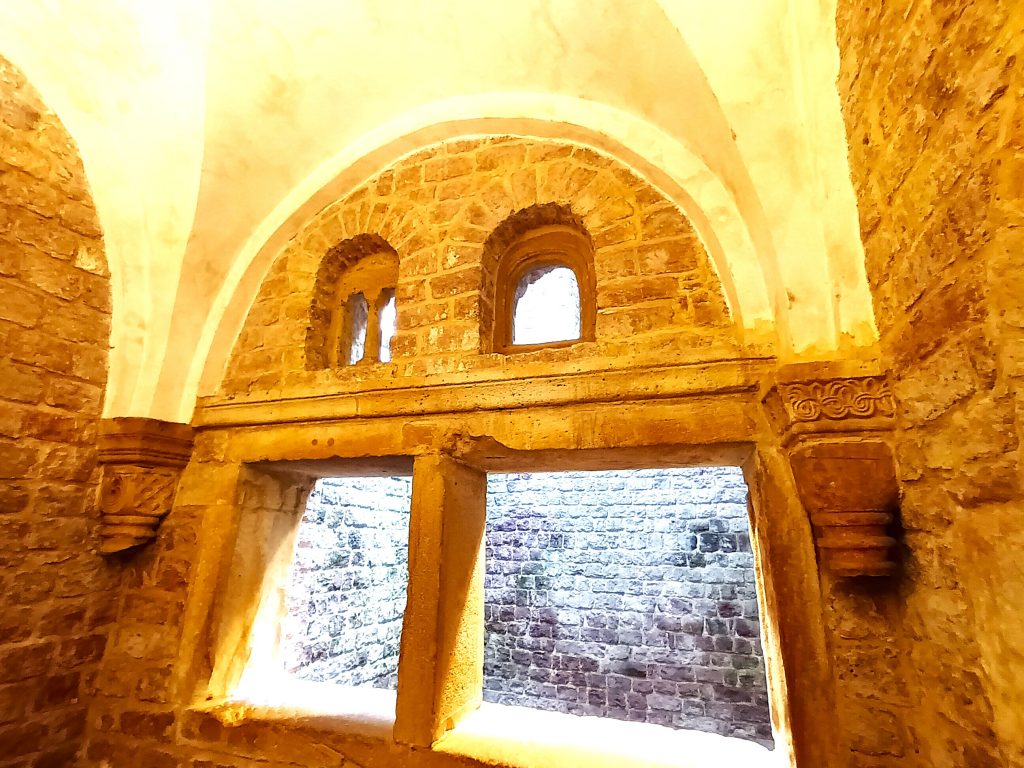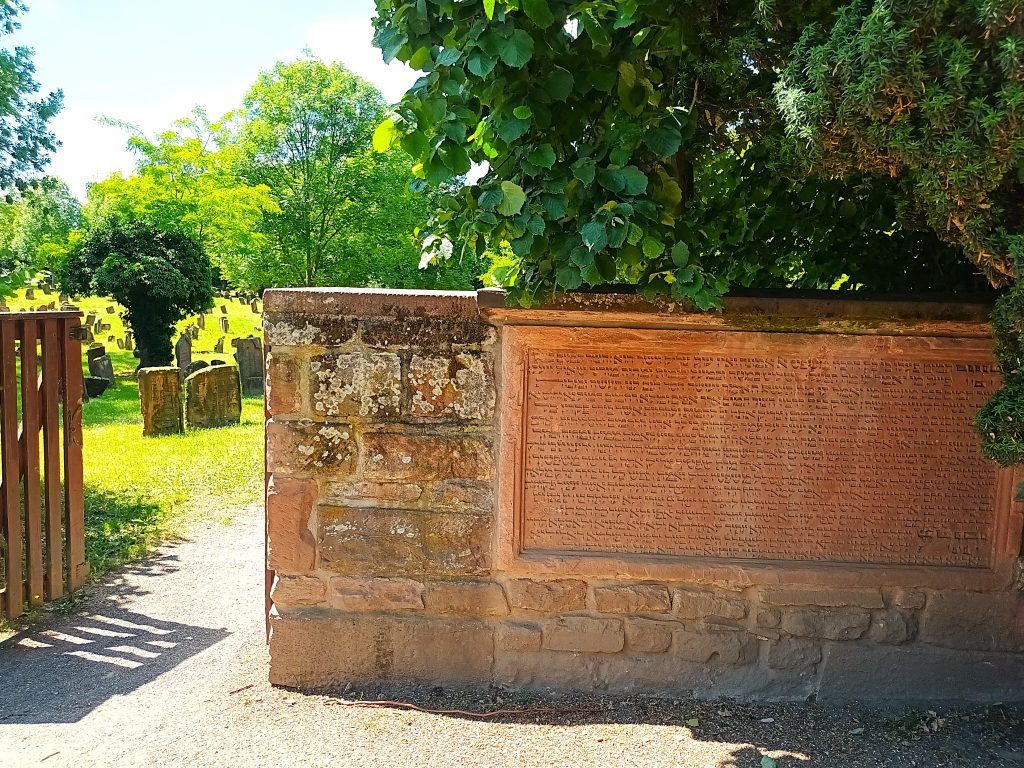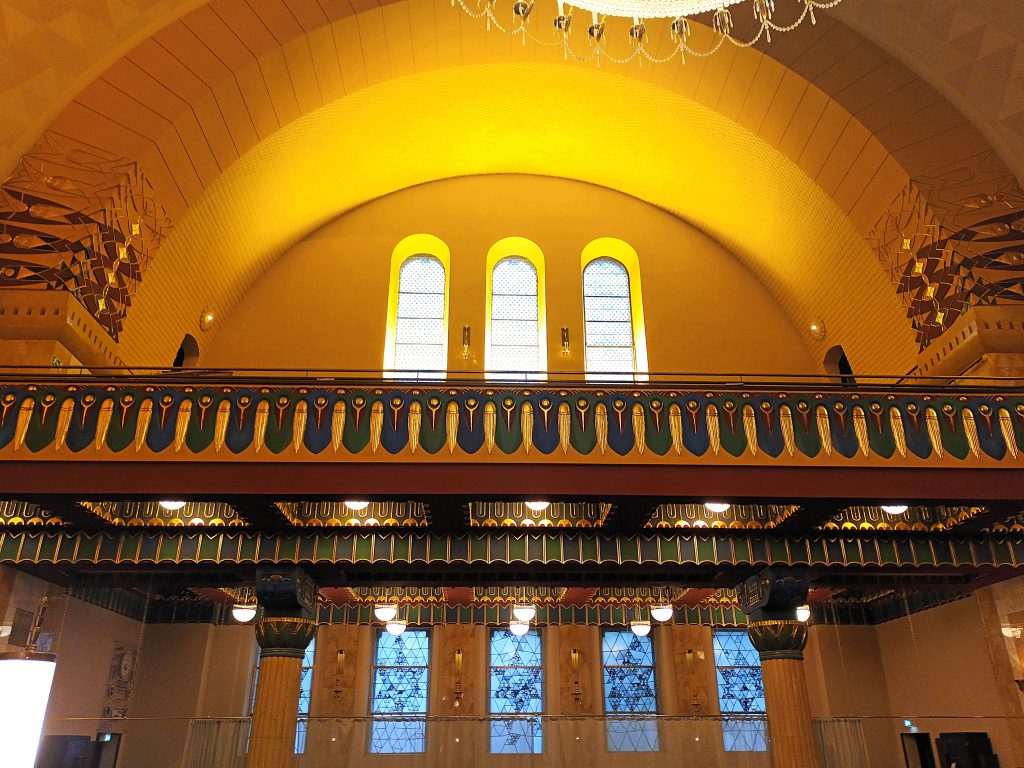The oldest vestiges of a Jewish presence in Germany are found in the Rhineland. For a long time, the river constituted the western border of the Roman Empire. In the fortified cities of the frontier, such as Colonia Agrippina (Cologne), the Diaspora Jews found favorable conditions in which to exercice their industrial and commercial talents.

Development of Rhenish judaism
Later, in the Middle Ages, in cities such as Worms and Frankfurt, which were under the direct authority of the emperor, the Jews benefited from the sovereign’s protection. Some prince-bishops, such as those of Speyer and Mainz, made a show of their autonomy from Rome by according the Jews the right to engage in trade. Seeing the Jews as heretics and rivals, the papacy, in contrast, preached a policy of separation. In the tenth and eleventh centuries, the vitality of Rhenish Judaism rivaled that of Andalusia before the Inquisition in its religious and intellectual prosperity.

Rhenish Judaism owed its survival in the face of persecution to the ability of the Jews at court. Centuries later, this community fostered the modern enlightened thinking of such figures as Meyer Amschel Rothschild in Frankfurt, Karl Marx in Trier, Heinrich Heine in Düsseldorf, and Jacques Offenbach in Cologne.

In 2021, the Jewish remains of three cities in the region, Worms, Speyer and Mainz, were recognized on the UNESCO World Heritage List. This was a first for Jewish cultural heritage in Germany for this institution. They were praised for their role as the cradle of regional Jewish civilization but also for the interreligious work with Christian communities carried out by the communities of these cities.

The Jewish community in Mainz is the largest in the region with almost 1000 members. A new synagogue was built there in 2010. It was built on the site of a previous synagogue, dating from 1912 and destroyed during the Holocaust.
Rabbi Meir of Rothenburg
An expert in the study of the Torah, Rabbi Meir of Rothenburg attracted students to the yeshiva from all over Europe. He preached returning to the Jewish ancestral lands in order to escape the persecutions rife at the time. He himself left for Jerusalem but was stopped in Lombardy by the troops of Rudolph of Habsburg, who did not want to see his “charges” flee to the Orient, because of their considerable value as taxpayers. The rabbi refused to let his friends pay the enormous ransom for his freedom and died in prison in 1286. It was only fourteen years later that the emperor consented to give his remains back to his community. They were brought by Alexander Süsskind Wimpfen, a wealthy Jew from Frankfurt who sacrificed his entire fortune to the Jewish community for the privilege of being buried next to the rabbi when he died.